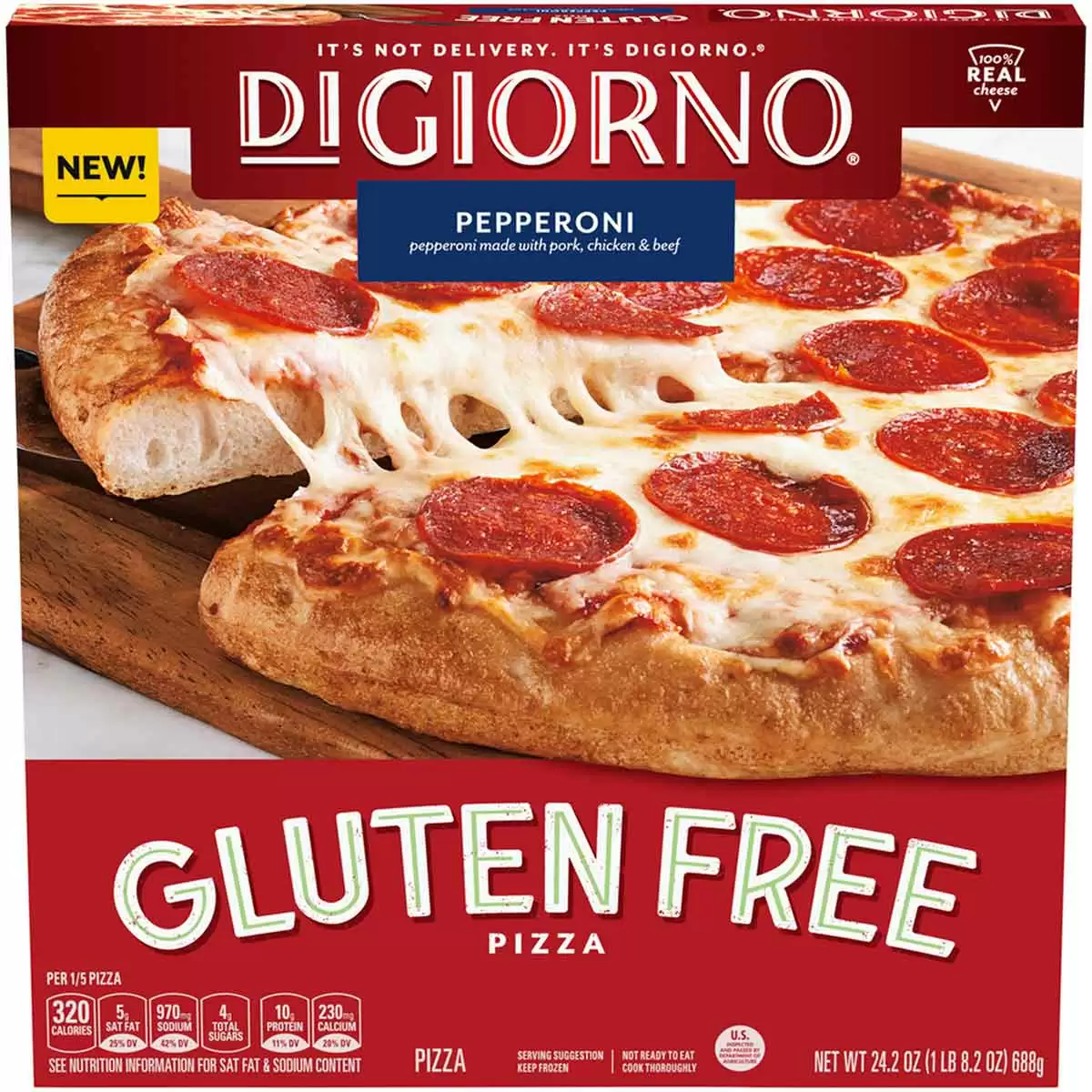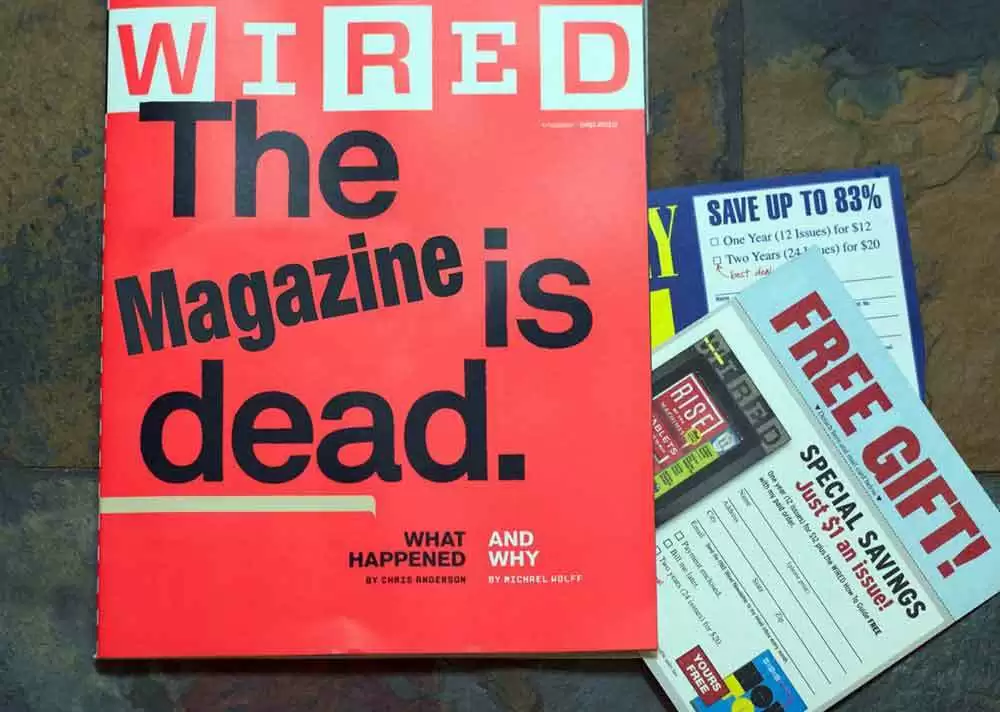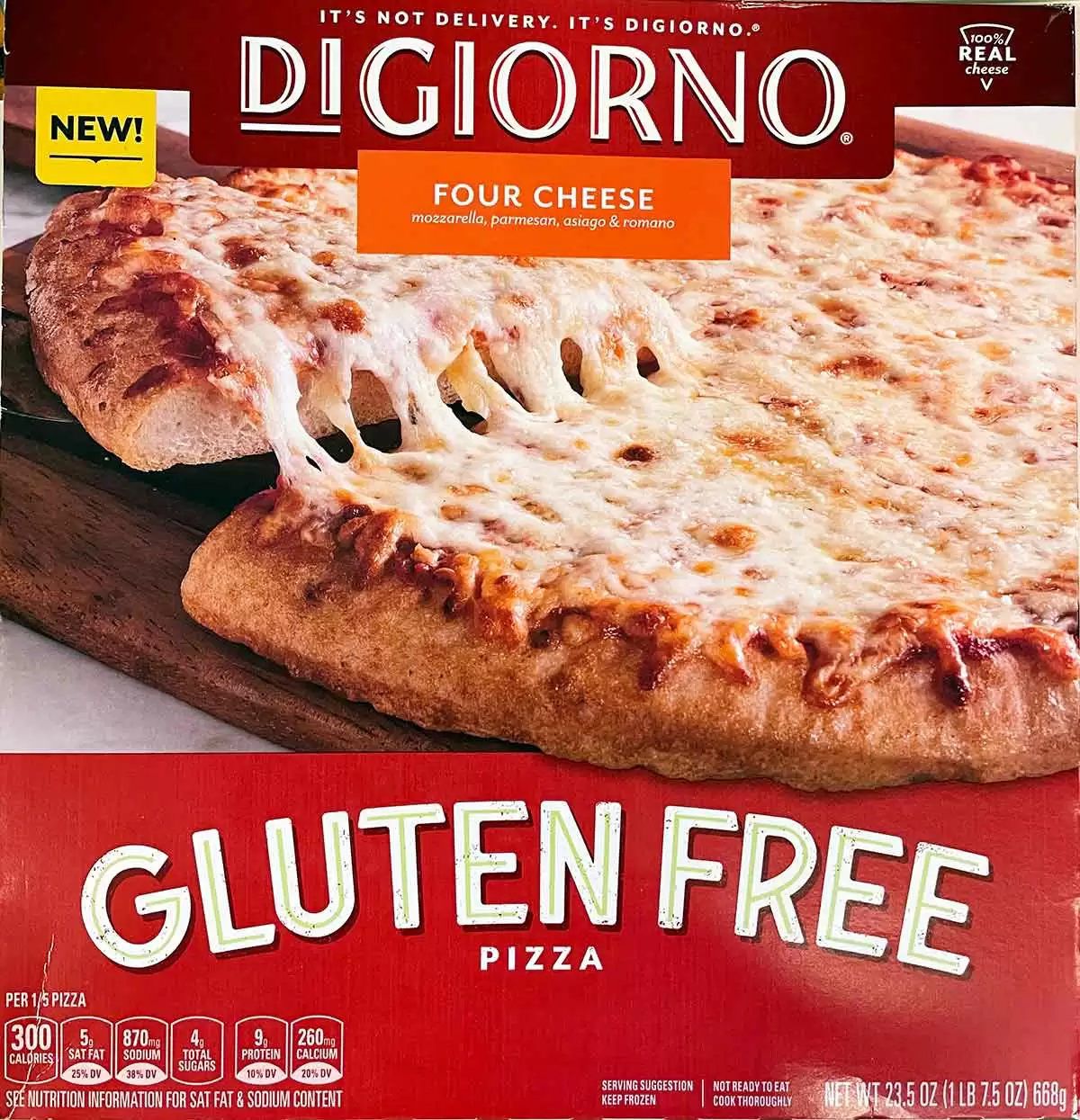
06/20/2024 - Update: DiGiorno Gluten Free Pizza was reformulated, and is now 100% gluten AND wheat-free. Gluten-free wheat starch is no longer used in the product, and I can say that the new forumula tastes outstanding! This excellent gluten-free pizza is widely available, and I get it at Target.
Original Article:
Celiac.com Sponsor (A12):
Celiac.com 04/19/2021 (Updated 05/08/2021) - Warning: DiGiorno "Gluten-Free" Pizza contains wheat starch that, according to the box: "...has been processed to allow this food to meet the Food and Drug Administration (FDA) requirements for gluten-free foods." Celiac.com is now looking into the possibility that the labeling regulations in the USA may have changed, as products that contain wheat, even if it has been rendered gluten-free to below 20ppm, have not been allowed to use "gluten-free" on their labels. We will post a follow up article shortly.
Here are the ingredients:
INGREDIENTS: Water, Wheat Starch*, low-moisture part-skim mozzarella cheese (cultured part-skim milk, salt, enzymes), tomato paste, Parmesan, Asiago and Romano cheese blend (cultured part-skim cow's milk, salt, enzymes), 2% or less of vegetable oil (soybean oil and/or corn oil), modified rice starch, sugar, salt, psyllium fiber, spices, dried garlic.
CONTAINS: WHEAT*, MILK.
*The wheat starch has been processed to allow this food to meet the Food and Drug Administration (FDA) requirements for gluten-free foods.
ORIGINAL ARTICLE:
Great news for gluten-free pizza lovers, especially for any DiGiorno fans who miss their favorite frozen pizza since going gluten-free.
DiGiorno is shaking up the frozen pizza game with their new Gluten Free Pizza. Available in Pepperoni and Four Cheese flavors, and certified gluten-free, both pizzas feature DiGiorno‘s thick, hand-tossed crust and 100 percent real cheese.
The pepperoni is made with a blend of pork, chicken and beef, while the four cheese blend features mozzarella, parmesan, asiago and romano cheeses.
Gluten Free DiGiorno Pizzas are currently available at select Target stores nationwide at a suggested retail price of $9.99 each. DiGiorno does plan to offer their gluten-free pizzas at a numerous other national retailers later this year.
Do you have a favorite pizza you dream would offer a gluten-free version? Do you already have a favorite gluten-free frozen pizza? Share your thoughts below.
Read more: chewboom.com








Recommended Comments
Create an account or sign in to comment
You need to be a member in order to leave a comment
Create an account
Sign up for a new account in our community. It's easy!
Register a new accountSign in
Already have an account? Sign in here.
Sign In Now